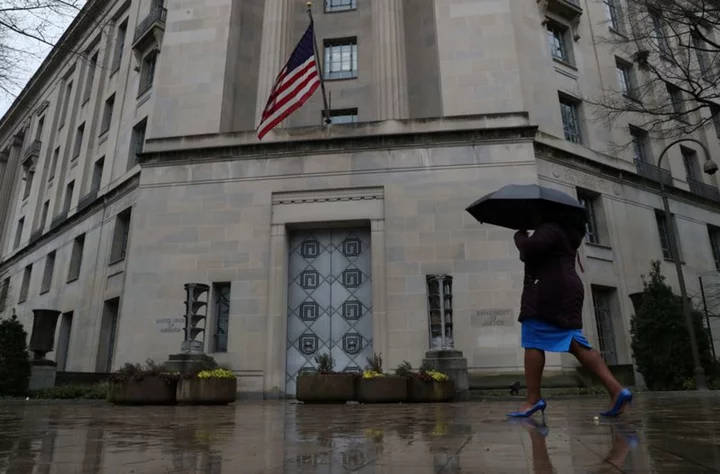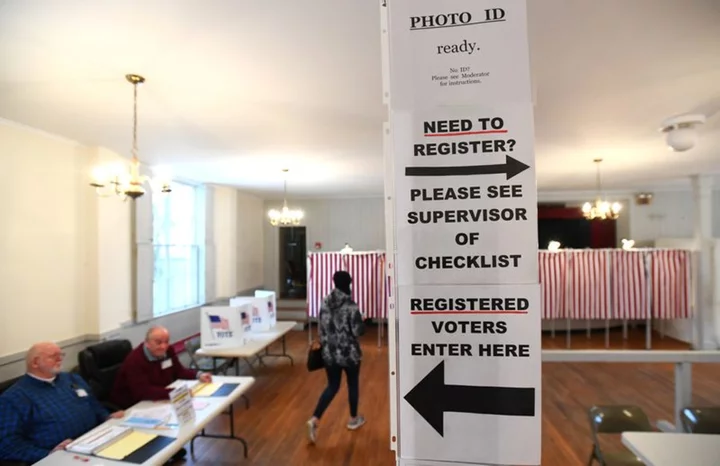By Jonathan Stempel
A former U.S. Army financial counselor from New Jersey was criminally charged on Friday with defrauding grieving military families out of life insurance payments, causing millions of dollars of losses while reaping big commissions for himself.
The U.S. Department of Justice charged Caz Craffy, 41, of Colts Neck, New Jersey, through a 10-count indictment with wire fraud, securities fraud and making false statements targeting members of at least two dozen Gold Star families.
Craffy "preyed upon these vulnerable families," U.S. Attorney Philip Sellinger in New Jersey said at a news conference. "Stealing from them will not be tolerated."
Craffy, who is also known as Carz Craffey, also faces civil charges from the U.S. Securities and Exchange Commission.
Mark Berman, a lawyer for Craffy, declined to comment.
Gold Star families include people who have immediate family members who died in active duty. Survivors are entitled to a $100,000 death benefit and the fallen soldier's life insurance of up to $400,000.
Authorities said that from May 2018 to November 2022, Craffy manipulated his victims into transferring $9.9 million of survivor benefits into private brokerage accounts he controlled, separate from his work for the Army.
Craffy then allegedly made more than 1,000 unauthorized trades in the accounts, generating over $3.4 million of losses while collecting more than $1.4 million of commissions for himself.
One widow, who wanted to invest conservatively for her children's college expenses and for her mother, allegedly lost 60% of her $400,000 investment, which Craffy had said could grow to $1 million in seven years.
Sellinger said Craffy sometimes concealed losses by telling victims not to check their account statements.
The SEC, meanwhile, said that in a "particularly egregious" case Craffy misappropriated $50,000 from the retirement account of a 13-year-old girl after her father had died.
SEC Enforcement Chief Gurbir Grewal called Craffy's alleged fraud "despicable in its reach" and "heartbreaking in its impact," and expressed hope the charges would send a message to the many others who target military families.
"We see it time and again," Grewal said.
(Reporting by Jonathan Stempel in New York; Editing by Daniel Wallis)









